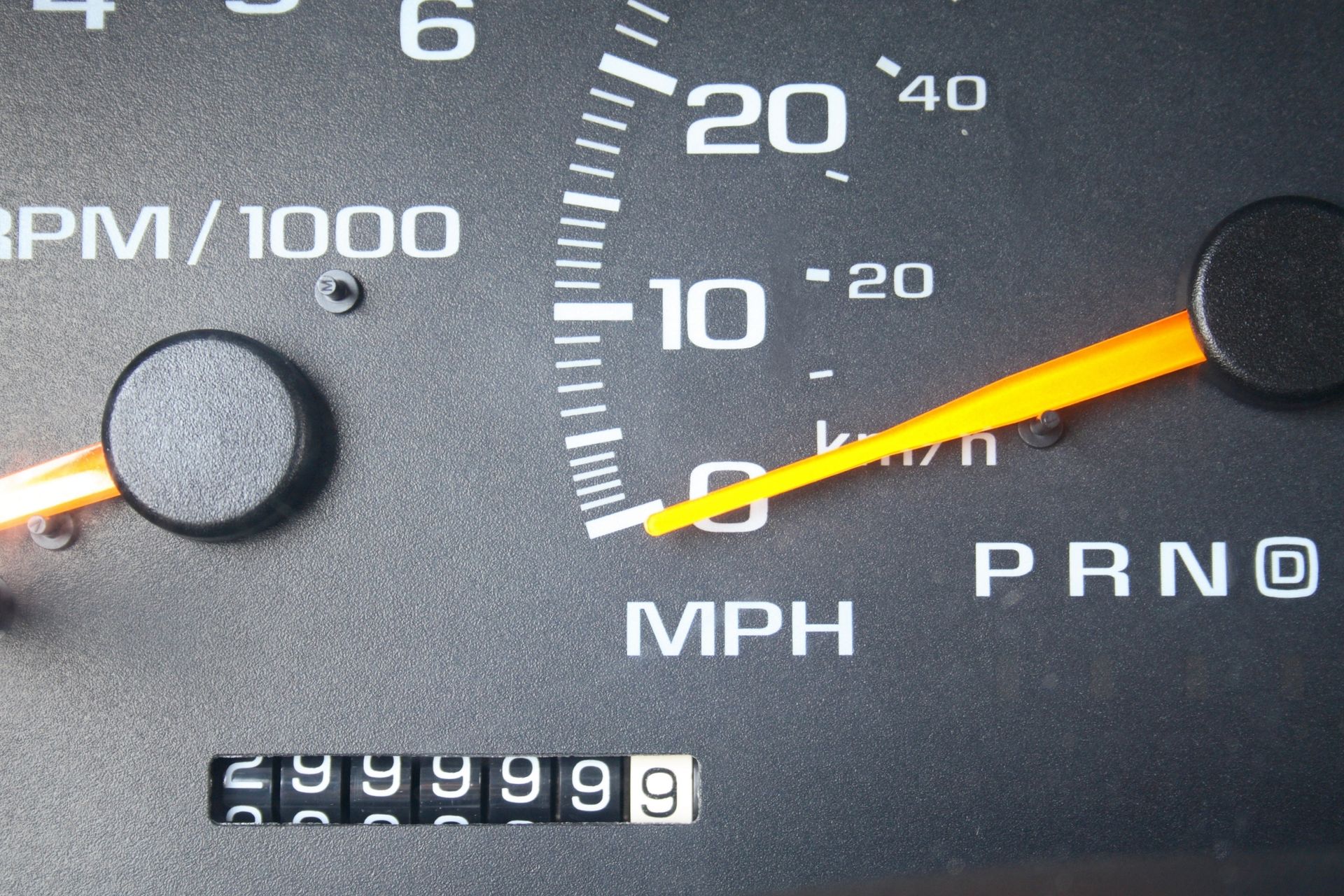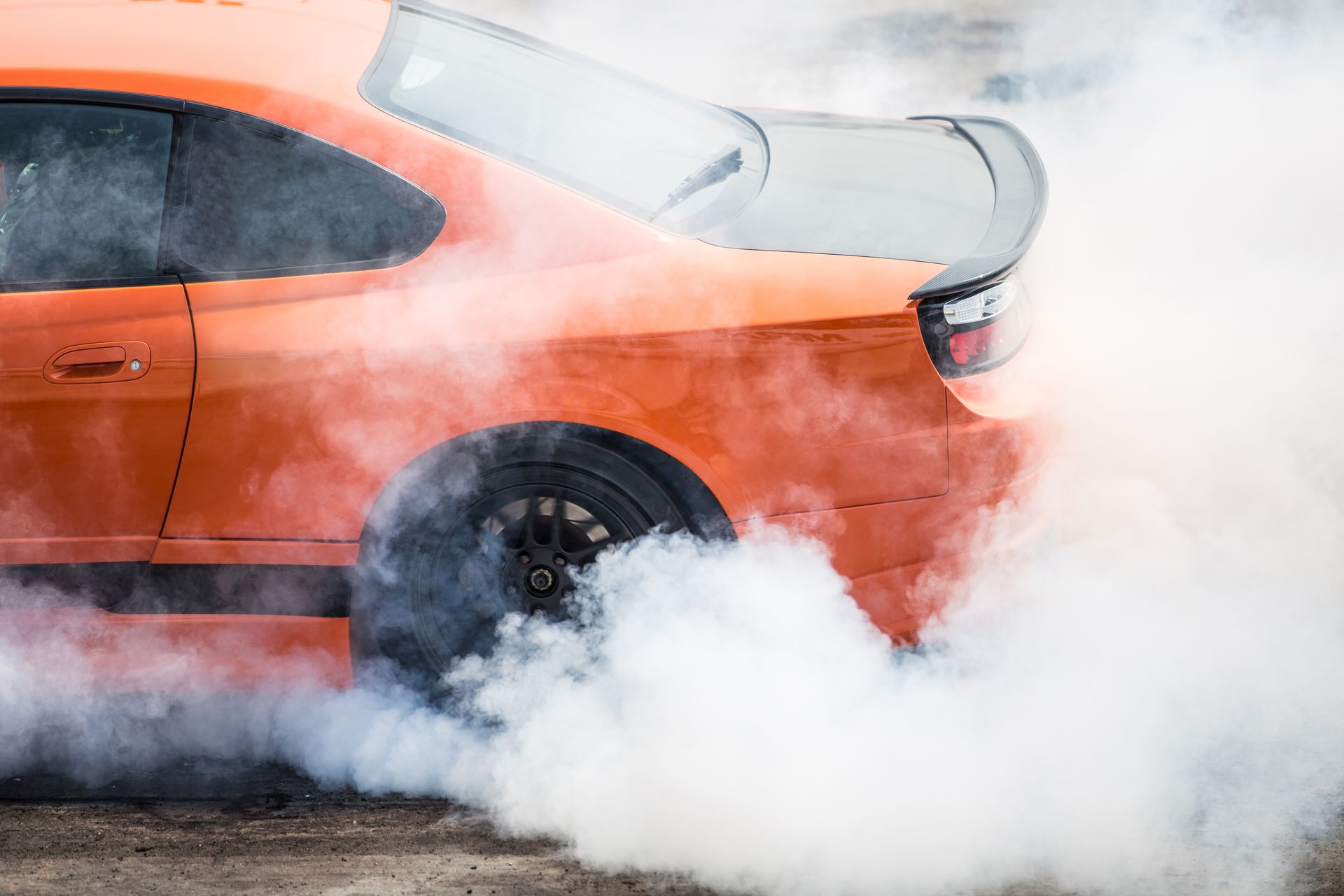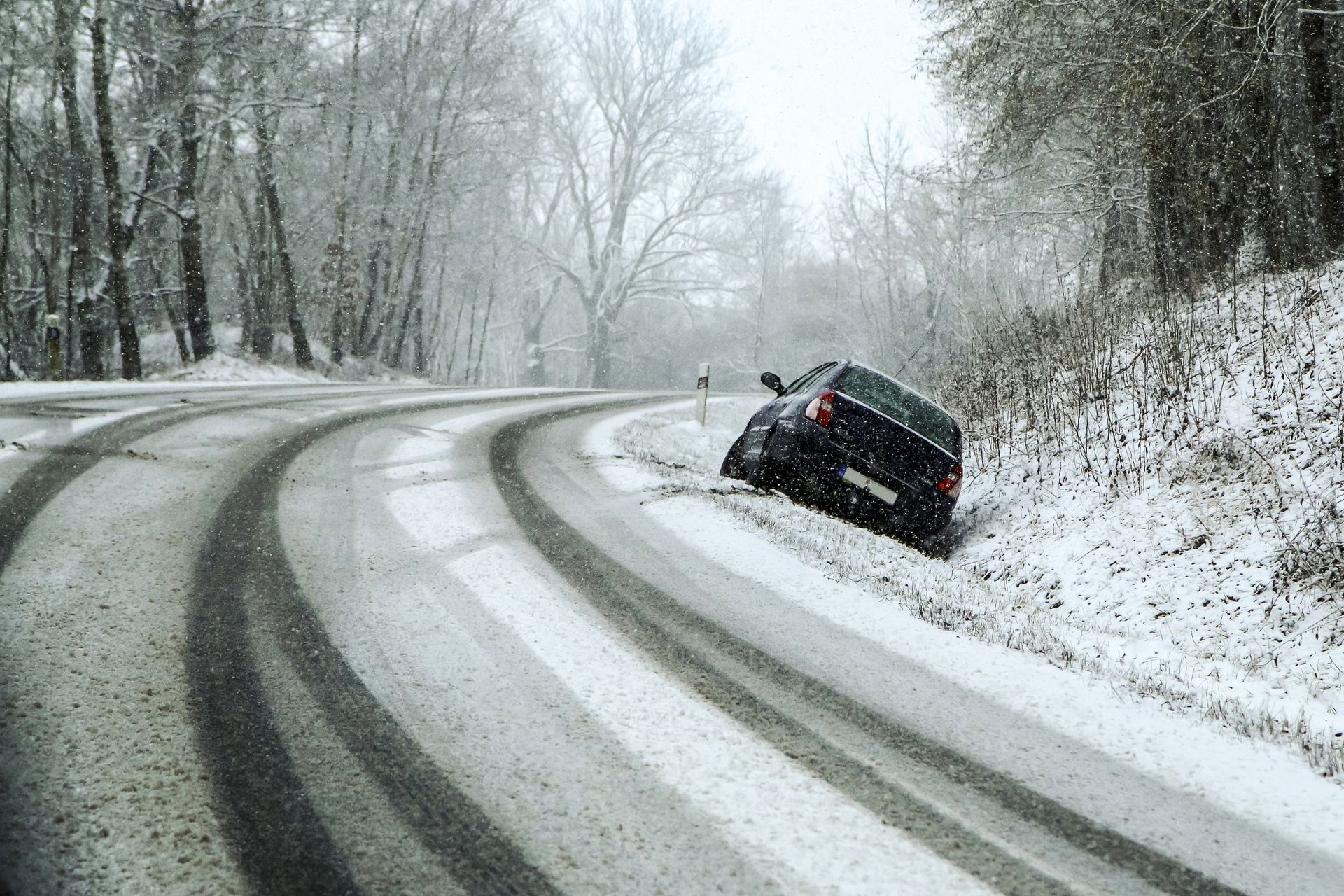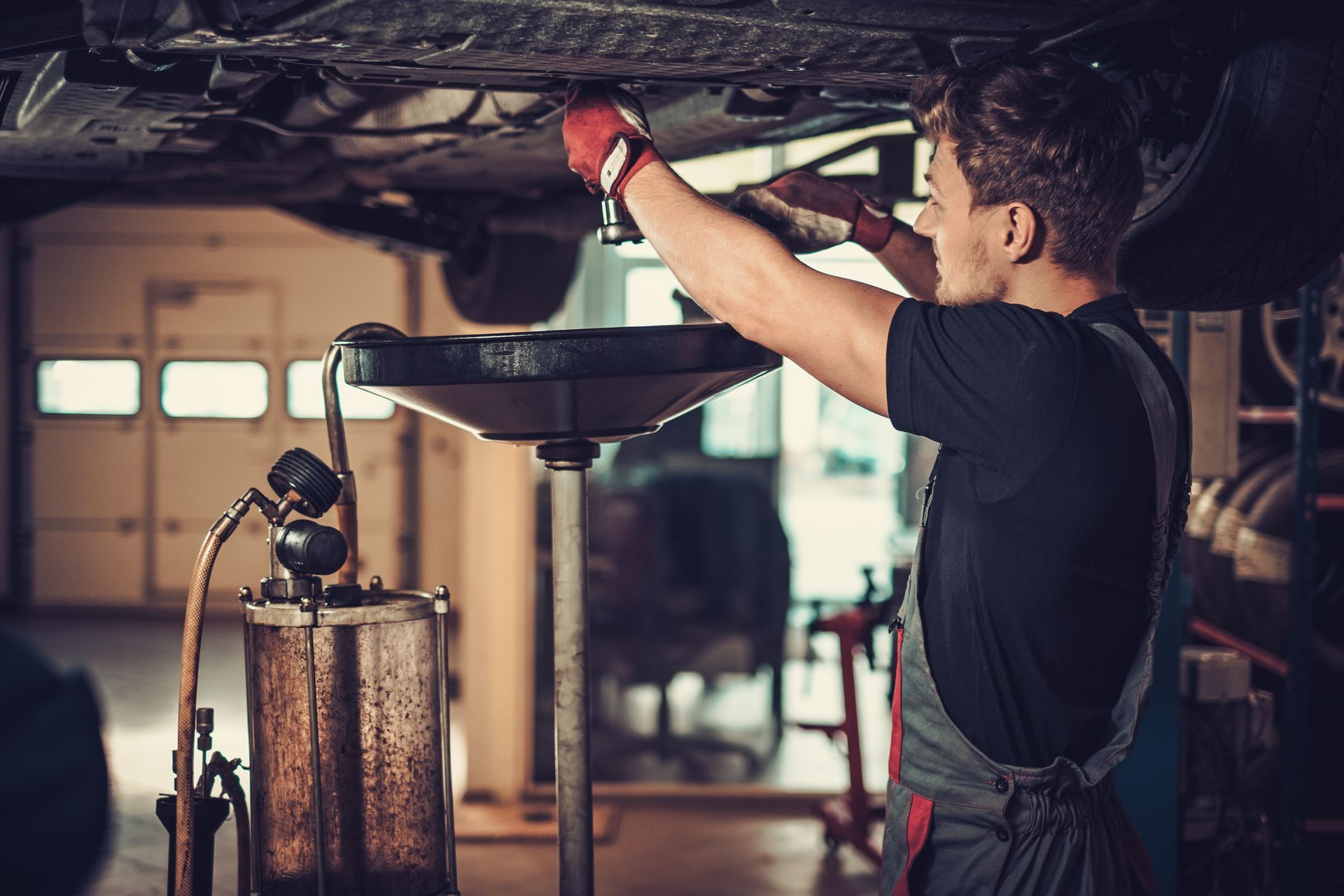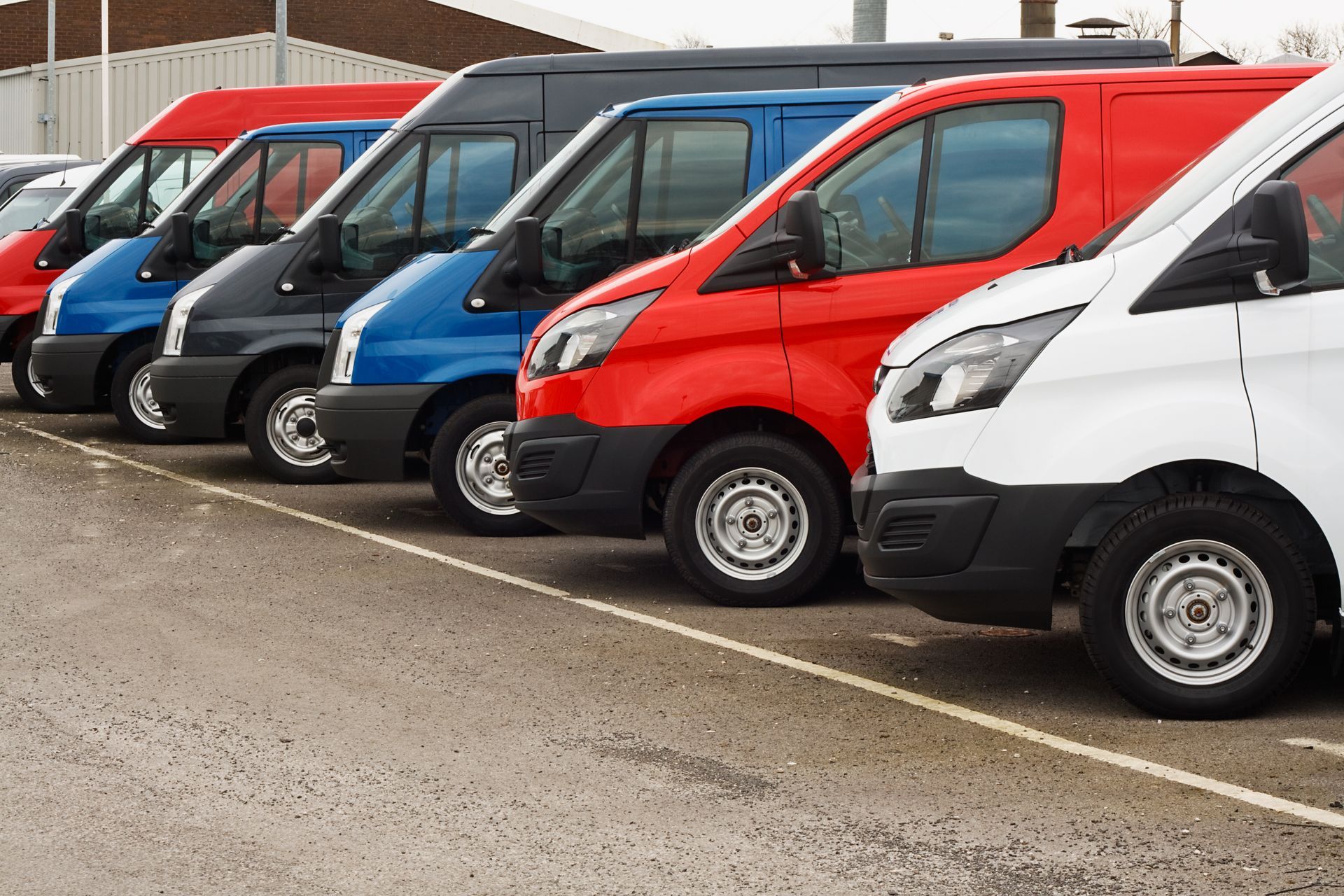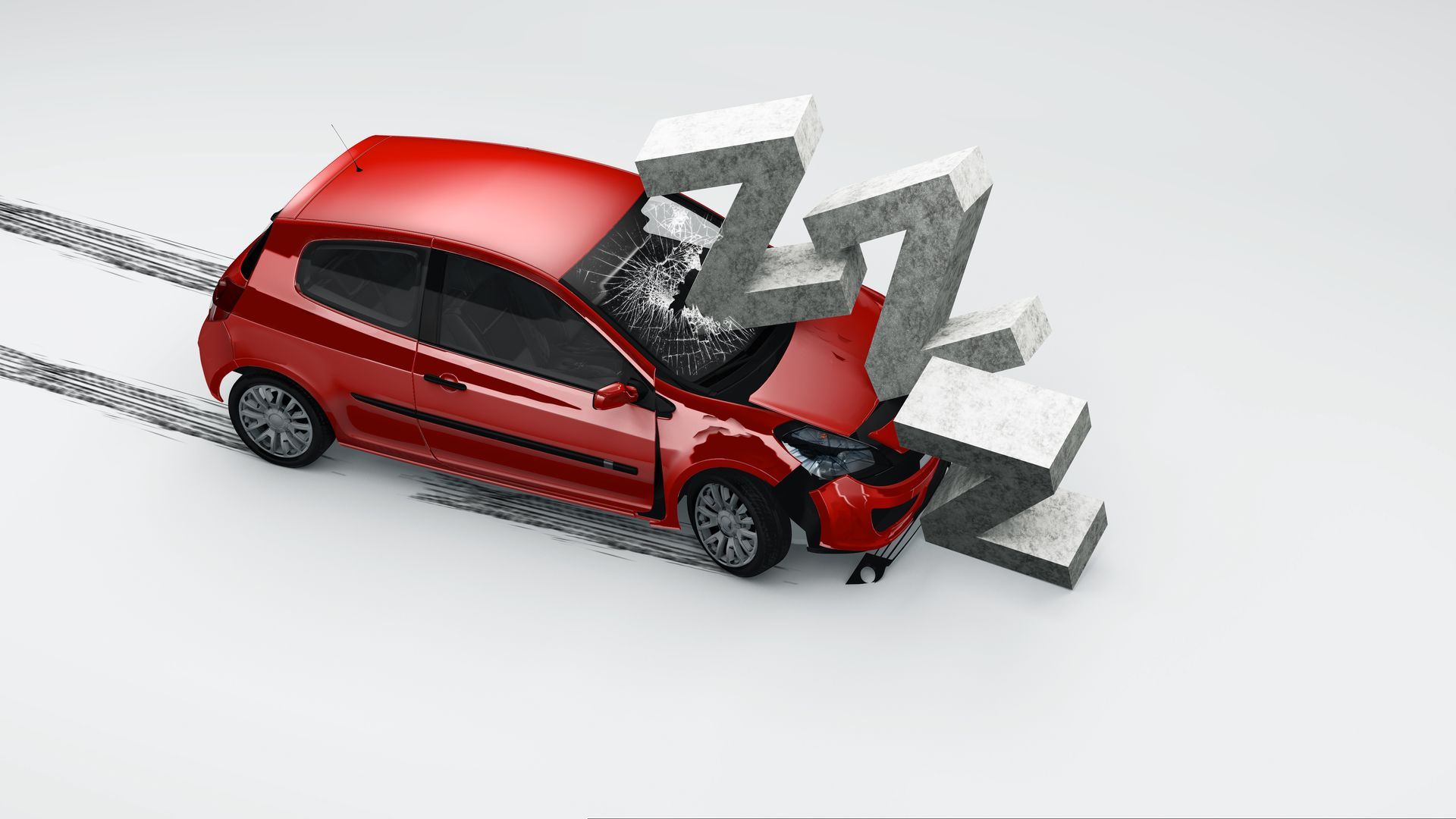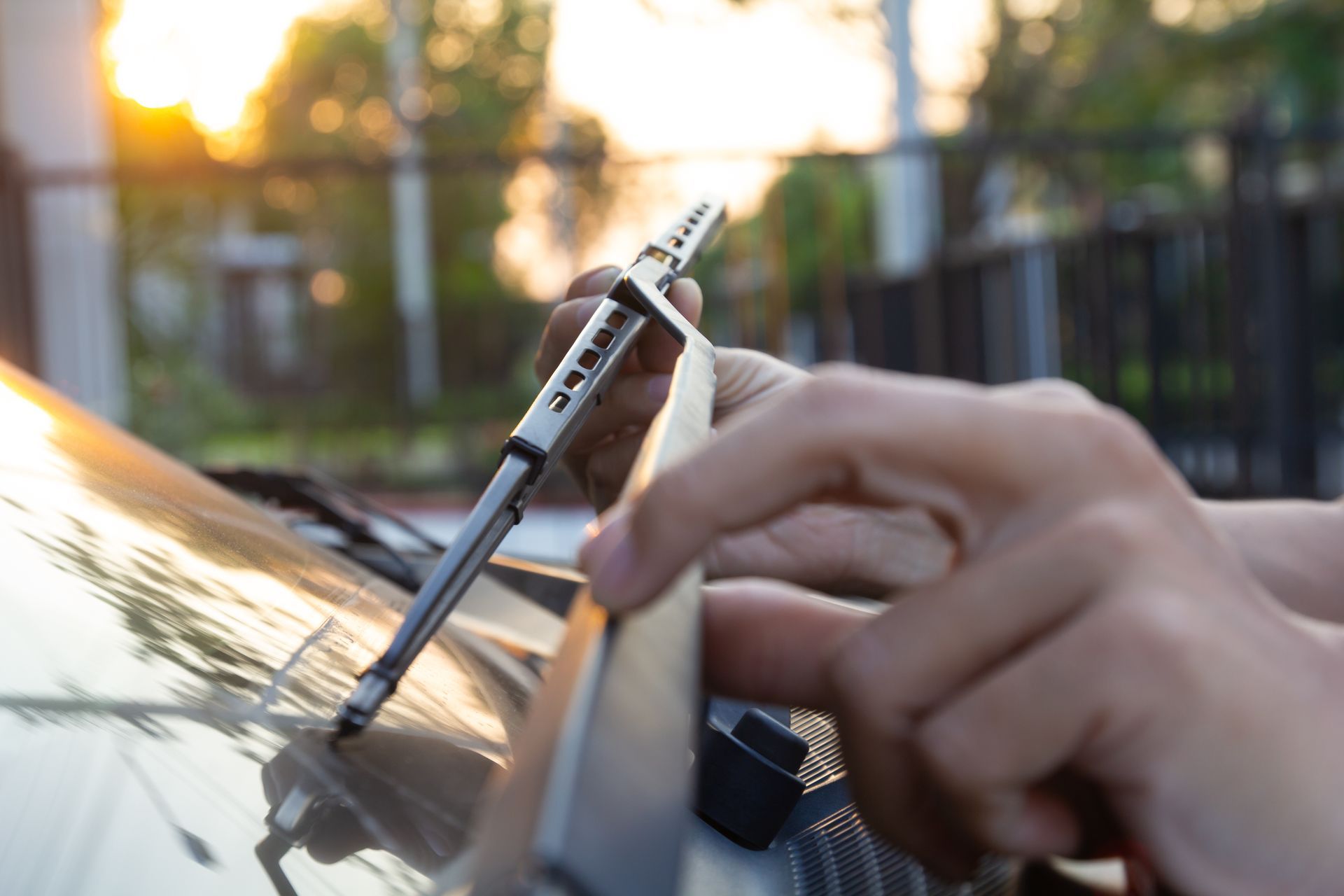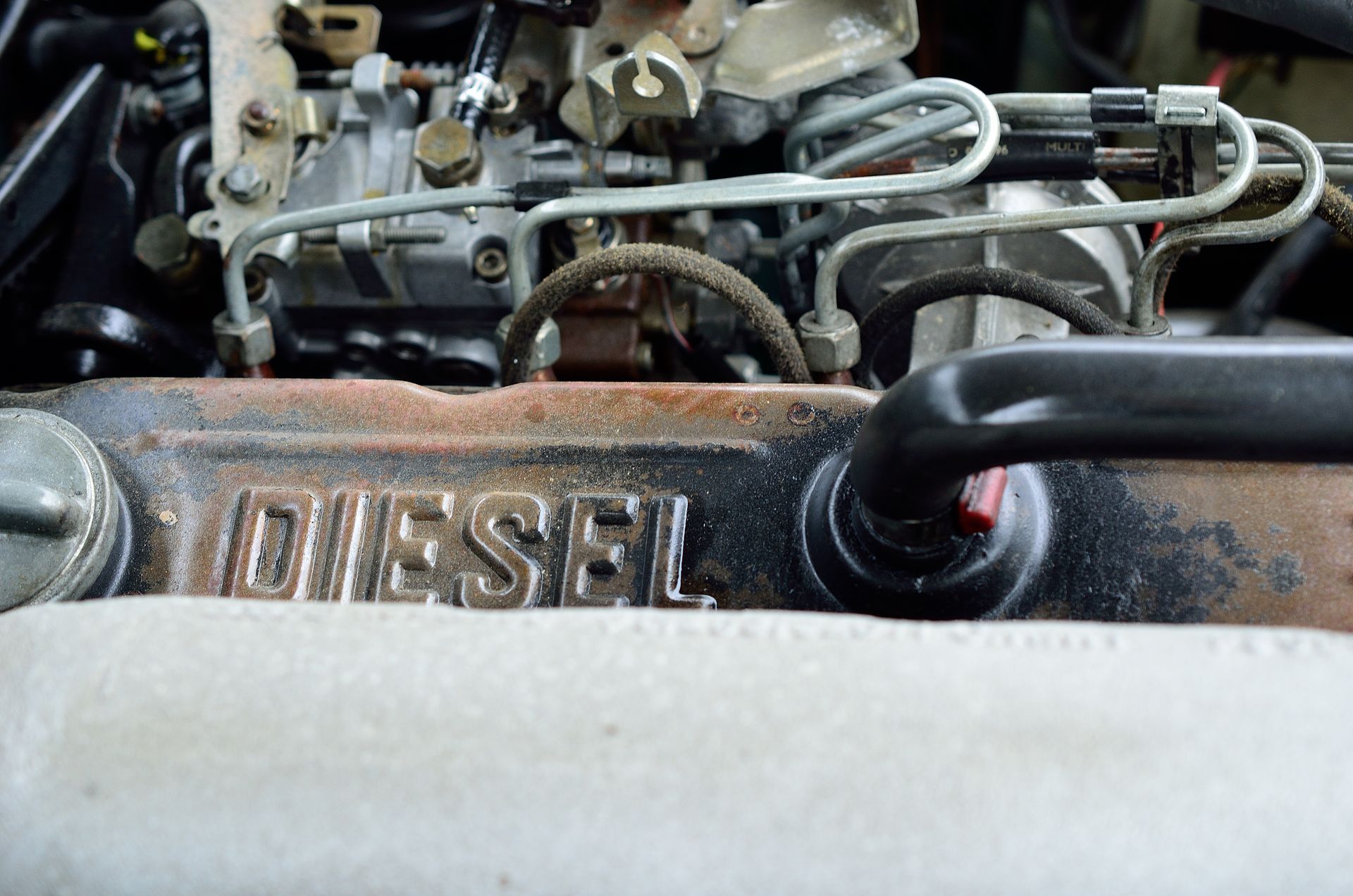Planning a road trip? Exciting, isn't it? The open road, the promise of adventure, and the freedom to explore new places at your own pace. But hold on a second—before you rev up that engine and hit the highway, there's some prep work to be done. Preparing your car for a road trip is crucial to ensure a smooth and enjoyable journey.
1. Check Your Tires
Your car's tires are its only contact with the road, making them one of the most critical aspects of vehicle safety. Before embarking on your journey, inspect each tire for any signs of wear and tear. Look out for uneven tread wear, cracks, or bulges. Don't forget to check the tire pressure too—improperly inflated tires can lead to poor handling and decreased fuel efficiency.
If you're unsure about the right tire pressure for your vehicle, check the owner's manual or the sticker on the driver's side door jamb. While you're at it, make sure your spare tire is in good condition and properly inflated. You never know when you might need it!
2. Fluids
Just like how our bodies need fluids to function, so does your car. Start by checking the engine oil level. If it's been a while since your last oil change, consider doing it before your trip. Fresh oil ensures that your engine runs smoothly and efficiently.
Next, check the coolant level to prevent your engine from overheating, especially if you're traveling in hot weather. Don't overlook other essential fluids such as brake, power steering, transmission, and windshield washer. Topping off these fluids can prevent unexpected breakdowns and keep your car running like a champ.
3. Lights and Signals
Imagine driving at night or through heavy rain without proper lighting—it's dangerous and nerve-wracking. Ensure all your car's lights are functioning correctly, including headlights, brake lights, turn signals, and hazard lights. This step is crucial for your visibility and for other drivers to see you.
Replacing a faulty bulb is usually a quick and inexpensive fix, so there's no reason to skip this check. Plus, having functional lights is a legal requirement, and you don't want to get pulled over for something so easily avoidable.
4. Brakes
Brakes are arguably the most critical safety component in your car. Before setting off, ensure your brakes are in top condition. Listen for any unusual noises like squeaking or grinding, which could indicate worn brake pads or rotors. If you notice anything off, it's best to have a professional mechanic take a look.
Don't forget to check the brake fluid level. Low brake fluid can be a sign of a leak or worn-out brake components, both of which require immediate attention. Remember, it's always better to be safe than sorry when it comes to brakes.
5. Emergency Kit
Even with all the preventive measures, sometimes things can go wrong. That's why having an emergency kit in your car is essential. Your kit should include basic tools such as a jack, lug wrench, and jumper cables. It's also wise to carry a first-aid kit, flashlight, and reflective triangles or flares.
Don't forget to include some essential supplies like bottled water, non-perishable snacks, and blankets, especially if you're traveling through remote areas. Being prepared can make a significant difference if you find yourself stranded or in an emergency situation.
6. Battery
A dead battery can quickly turn an exciting road trip into a frustrating ordeal. Before you leave, test your battery to ensure it holds a charge and that the terminals are clean and corrosion-free. If your battery is over three years old or you've experienced starting issues, consider having it tested by a professional.
You might also want to invest in a portable jump starter. It's a handy device that can save you from waiting around for roadside assistance if your battery decides to give up the ghost in the middle of nowhere.
7. Plan Your Route and Check the Weather
While this isn't directly related to your car's condition, planning your route and checking the weather are crucial steps in preparing for a road trip. Knowing your route helps you anticipate any potential challenges, such as steep inclines or rough terrain, that might affect your car's performance.
Weather conditions can also significantly impact your trip. Heavy rain, snow, or extreme heat can strain your vehicle. Plan for these conditions and adjust your preparations—whether that means packing extra supplies, adjusting your driving schedule, or ensuring your car is equipped to handle adverse weather.
Don't let car troubles ruin your road trip! Visit
Graham's Auto & Truck Clinic for a comprehensive pre-trip inspection. Schedule your service now and enjoy a worry-free journey!


